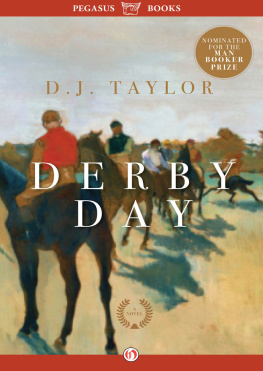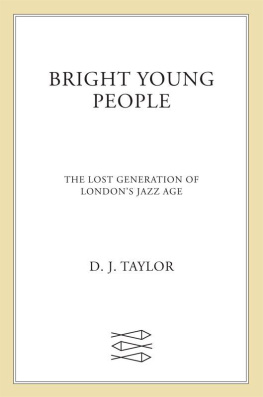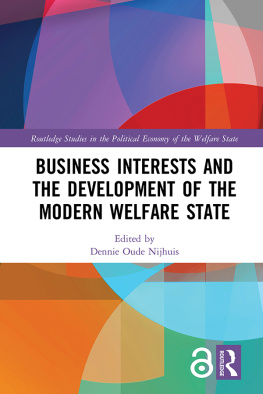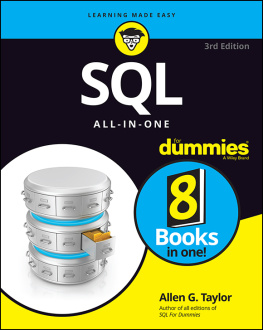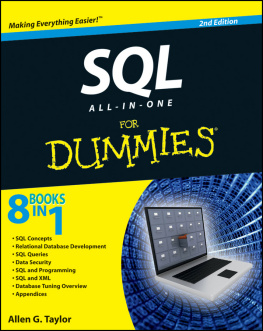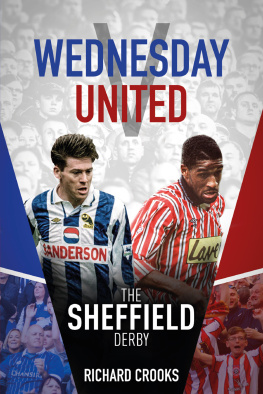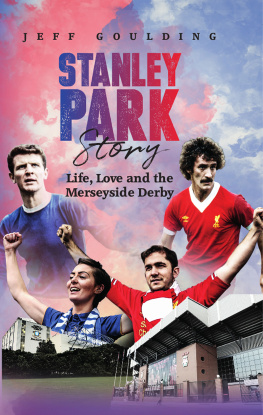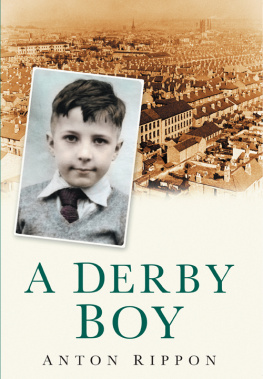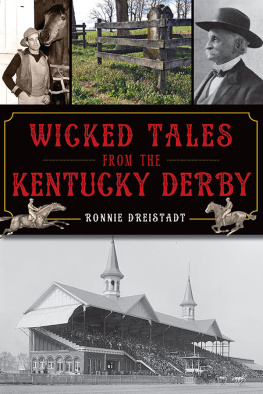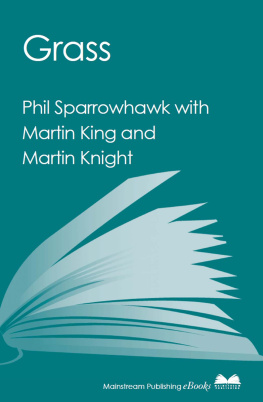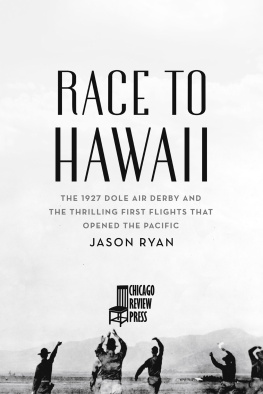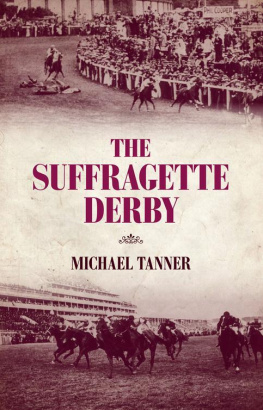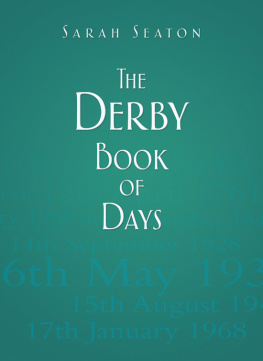DERBY
DAY
D. J. TAYLOR

PEGASUS BOOKS
NEW YORK
Felixs
I felt sure that if I could find a theme capable of affording me the opportunity of showing an appreciation of the infinite variety of everyday life, I had confidence enough in my power of dealing with it successfully; but the subject then, as now and ever, the chief difficulty where was I to find a scene of such interest and importance as to warrant my spending months, perhaps a year or two, in representing it? Until the year of which I write 1854 I had never seen any of the great horse races for which England is so famous, and my first experience of the modern Olympian games was at Hampton; when the idea occurred to me that if some of the salient points of the great gathering could be grouped together, an effective picture might be the result
W. P. Frith, The Derby Day
My Autobiography and Reminiscences (1887)
Contents
Part One
I
The Conversation in Clipstone Court
A foreign gentleman, who had run horses with great success on the plains of Bremen, once enquired of me: Where is it that the sporting men of England may generally be found? My dear sir, I told him, this is a universal passion, its devotees are everywhere, and of all sorts and conditions. A gentlemens club in Mayfair; the humblest inn in a Whitechapel rookery; the most somnolent village in Barsetshire, but that it has a meadow and a rail for jumping; anywhere and everywhere these are the places where the sporting men of England are generally to be found.
The Modern Sportsman: His Dress, Habits and Recreations (1865)
S ky the colour of a fishs underside; grey smoke diffusing over a thousand house-fronts; a wind moving in from the east: London.
Clipstone Court lies on the western approach to Tottenham Court Road, slightly beyond Goodge Street, and is not much visited. There is a cab rank at which no cab was ever seen standing, and a murky tobacconists over whose lintel no customer in search of enlightenment from the copies of The Raffs Journal and The Larky Swell that hang in the window was ever known to tread. An occasional costermonger, thinking to forge a path into Cleveland Street only the way is barred drags his barrow through the dusty entry, notes the silence and desolation of the place, and gladly retires. There is also a pump, which nobody ever uses the quality of the water being horribly suspect the Clipstone Arms, Jas Fisher, prop., out of whose aquarium-like lower windows a face can occasionally be seen dimly staring, and a kind of rubbish heap made up of ancient packing cases and vegetable stalks which a furious old man who lives up six flights of stairs in a tenement building hard by is always defiantly rearranging in the expectation that it will be taken away, only it never is. All of which gives the place a rather dismal and moral air, as if great truths about human nature could be extracted from it if only you knew where to look.
It was generally agreed that three oclock in the afternoon the lunch hour long gone, the evening an eternity away represented Clipstone Courts lowest ebb, and that if anyone was going to hang himself there, this would be the time to do it: the cab stand vacant, the tobacconists shop murkier than ever, and a breeze coming in over the rooftops to send the packing-case frames and the vegetable stalks flying over the greystone surround like so much flotsam and jetsam on the seashore. All this the two men in the downstairs bar of the Clipstone Arms saw and no doubt appreciated, but for some reason they did not seem cast down by it. They were sitting at a table in the window, very comfortably ensconced behind a strew of empty pewter pots, and not seeming to care that it was November, so that even now the light was beginning to fade across the court and one or two flakes of snow were drifting in to mingle with the soot on the peeling window sills. A visitor to the bar and it was otherwise empty might have thought that there was some mystery about these men, and that the mystery lay not in their outward appearance they were identically dressed in shabby suits, dirty collars and billycock hats but in the way they regarded each other: that one of them, taller and perhaps older, imagined himself to be a figure of consequence, and that the other, smaller and perhaps younger, was happy to support him in this belief.
But you aint told me yet, the taller man was saying, looking into the pewter pots one by one to see if they contained any liquor, just how youre placed right now.
Thats so, Mr Mulligan, the smaller man replied, tapping the underside of his pipe on the table with an extraordinarily dirty hand. Well the fact is, I does run well errands for Mr Whalen that keeps the Bird in Hand in Wardour Street, and he lets me well make up a book sometimes.
Mr Mulligan was grimly pouring the dregs from four of the pewter pots into the fifth.
It aint a genteel house, the Bird in Hand, he pronounced.
No it aint. The look on the smaller mans face was quite wonderful to see. Dreadful lot of riff-raff they has in there. Irish, too. Never more than a shilling a time. But beggars cant be choosers.
Youre a poor fish, McIvor, thats what you are said Mr Mulligan. Youd have been better placed a-sticking to Mr Cheeseman that I put you in the way of.
You wouldnt say that if you knew about it, Mr Mulligan. Why, if that Cheeseman is worth a ten-pound note nowadays, thats all he is worth.
Mr Mulligan put the pewter pot down upon the table and examined his fingers, as if they were a row of saveloy sausages he might very soon begin to eat.
You arent telling me, McIvor, that Cheeseman is light on the tin? A man as had his own carriage in the ring at Epsom only this May past.
It was the St Leger that did for him, Mr Mulligan. Took seven hundred pounds on Dukes Delight at threes, laid most of it off on Antimacassar Lord Purefoys horse, you know and the animal, which everyone knew was a certainty, never came out of the ditch at the thirteenth.
Seven hundred pounds at threes! Mr Mulligan shook his head, stuck his thumb into his mouth and bit off a piece of skin near the nail. Couldnt he have placed no more side-bets?
Antimacassar was so mortal igh among the fancy, Mr Mulligan. Hed had Lord Purefoys man sending him intelligence from the stables, and you cant say fairer than that.
Mr Mulligan inspected his fingers again, but he knew that the beauty had gone out of them. The snowflakes had stopped falling and the wind was whirling a little pile of dirt around the nearside corner of the court like a dervish.
These are bad times, McIvor, he remarked. Confounded bad. Ow a gentleman is to make an honest penny out of the game I hardly know. Why, theres some publicansll split if they so much as sees a slip passing hands. And that McTurk has such a down on us. Seeing a look of enquiry in his companions eye, he went on: The pliceman. Regular down he has. Why, there was half a dozen peelers went into the Jolly Butcher in the Kennington Road the other night, and bless me if the landlord aint been summonsed. Lose his licence, most probably, poor feller.
Theyre terrible hard, them magistrates, Mr McIvor said, who may have had some dealings of his own with the bench. But tell me, Mr Mulligan this was said with an extreme deference what is it that youve been engaged upon since you last did me the honour of tendering some advice?
What have I been engaged upon? Thats cheek, McIvor, and you know it. But seeing that youre a respectful young feller yes, I will ave another go of this porter if youll be so kind Ill tell you. Fact is, Ive been working for Mr Newcome that has the Three Bells in Shoreditch.

